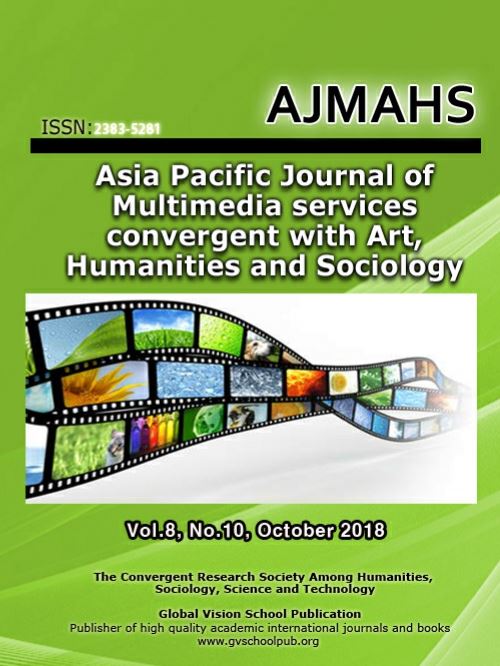소외계층의 사회적 배제의 결정요인(경제적 여건, 사회적 참여, 생활의 질)에 대한 연구
An Empirical Study on the Determinants(Economic Condition, Social Participation and Quality of Life) about Social Exclusion of Alienated Groups
- 인문사회과학기술융합학회
- 예술인문사회융합멀티미디어논문지
- 8권 10호
-
2018.10905 - 915 (11 pages)
- 511

정보화 사회에서는 정보의 습득여하에 따라 정보의 불균형인 정보격차가 생겨났다. 따라서 정보접근의 평등을 위해 정보복지의 개념을 도입할 필요성이 있다. 정보복지란 정보에 접근하기 힘든 소외계층(노인, 장애인, 불우청소년)에게 정보접근의 기회를 제공한다. 정보복지는 소외계층의 정보접근 및 활용을 높여 정보에 대한 욕구를 만족시키는데 의의가 있다. 본 연구를 위한 연구절차는 다음과 같다. 기존문헌에서 소외계층의 사회적 배제, 정보격차 및 정보복지 필요성의 요인에 대한 설문문항을 구성하였다. 소외계층으로부터 설문조사 후에 설문분석에서는 불성실한 응답을 제거하였다. 설문지의 기본적인 통계는 SPSS 22.0를 사용하였다. 신뢰성, 타당성 및 가설검정을 위해 편미분 구조방정식 소프트웨어인 Smart PLS 2.0을 사용하였다. 본 연구에서 소외계층의 사회적 배제가 정보격차를 매개로 정보복지 필요성에 대한 결과는 다음과 같다. 첫째, 기존의 사회적 배제요인이 정보격차에 영향을 미친다는 가설 H1은 부분채택 되었다. 사회적 배제 요인 중에서 경제적 여건과 생활의 질은 정보격차에 유의한 영향을 미쳤으나 사회적 참여는 유의한 영향을 미치지 못하였다. 둘째, 사회적 배제요인이 정보복지 필요성에 영향을 미친다는 가설 H2는 채택되었다. 셋째, 정보격차는 정보복지 필요성에 영향을 미친다는 가설 H3는 채택되었다.
Informatization is an important concept in modern society. In an information-oriented society, a digital divide occurs due to different degrees of information acquisition. Therefore, for equal information access, it is necessary to adopt an information welfare system. Information welfare provides alienated groups (the elderly, the disabled, and the unfortunate youth) with the opportunity to access information. Information welfare aims to increase information access of the underprivileged to meet their needs. The term of social exclusion was derived from the social security system. It was academically developed while classifying various people excluded from social employment. It is also surveyed by users who have belonged social exclusion of alienated groups and empirically analyze the survey data through statistical technique. SPSS22.0 was used to deal with basics statistics. while Smart PLS2.0 was utilized for validity and hypothesis testing. Smart PLS 2.0 is a software to deal the structural equation method of partial least square. The summary of research findings is as follows. Hypothesis 1 was partially supported. Economic condition and quality of life had a positive effect on the digital divide, while social participation had no influence on it. Hypothesis 2 were accepted. it means that factors of social exclusion of alienated groups affect the need for information welfare. Hypothesis 3 were accepted. it means that the digital divide has a positive effect on the need for information welfare.
1. 서론
2. 이론적 배경
3. 연구의 설계 및 검증
4. 결론
(0)
(0)